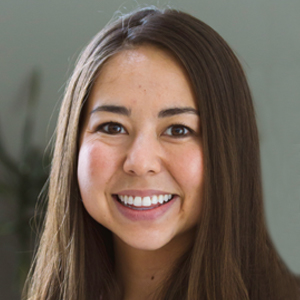Fishing in life and the lab
Fishing is synonymous with my childhood. My first memory is of gleefully picking up earthworms from my driveway after a heavy rain and poking their wriggling bodies one by one into a bait bucket. At the age of 4, fishing was not yet an option, but bait collecting was a prime pastime. I hunted down worms, crawdads and other crawling things to put in the bait bucket or in the Polly Pocket clamshell purse I used as a tackle box. I received my first Disney princess rod and reel as a birthday gift from my parents with the sense of anticipation, joy and somber responsibility typically reserved for a first pet.
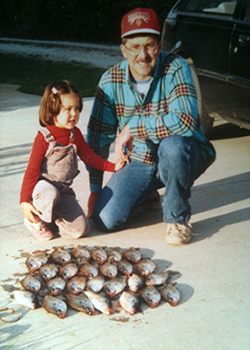 Mirigian's favorite pan-fried fish with rice dinner was just moments away.
Mirigian's favorite pan-fried fish with rice dinner was just moments away.
I grew up in rural Indiana and spent all of my summers, first as a child in pigtails, then as a teenager in ponytails and finally as a young adult with wavy hair, with a fishing pole in my hand. As I watched the bobber float up and down, fishing showed me what it was to be calm. Working on my jigging technique engrossed me. It taught me patience when it seemed like all of the fish had gone on vacation away from my hook. Little did I know then that fishing would be great training for my journey through science and my current job as a postdoctoral researcher.
Here are some lessons I’ve learned:
Proper bait is key. Just like fish reject old, worn-out crickets, regardless of how superb the fishing technique, cells don’t respond to an ancient, undated tube of cytokines found in the back of the 4 °C fridge no matter how many times I repeat the experiment.
Know the target. I know catfish are partial to slow-moving, smelly bait. So if a fish fry is at stake, I need to have a juicy earthworm bobbing at the end of my hook. With hundreds of successes and failures at capturing collagen recorded in my lab notebook, I now know collagen does not favor warm temperatures and shields itself from capture by cozying up with DNA. But the protein is attracted by low pH and agitation.
Enjoy the cold drink and tales of triumph and woe. Stopping by Dairy Queen at the end of the day was one of my favorite parts of childhood fishing adventures. Sitting in a faded red booth, slurping down a double blueberry milkshake, my dad and I recapped the glories, laughed at the mistakes and commiserated over the fish that got away. Without that same easy camaraderie with lab mates and an enormous $8 bottle of pinot grigio, forging through science would be tough.
It’s important to teach others. “Da-ad, it’s in a tree again!” My dad heard those words at least five times an hour when he first began to take me fishing. But each time, he would patiently rescue my hook, and we’d move to a new spot where, once again, he’d show me how to sidearm cast under trees. But through this effort, he passed the love of fishing from one generation to the next. This cycle also occurs in the lab. My graduate-school supervisor patiently set aside large chunks of his day not only to rescue my haywire experiments but also to instill a love of discovery of the unknown. As I mature as a scientist, I look forward to teaching students just as I was taught.
Living creatures deserve respect. In that split second after a fish takes the bait, it is the fisherperson’s responsibility to recognize a fish has been caught and to set the hook. Wait too long, and the fish could swallow the hook or get it caught in its gills and be hurt unnecessarily. Whether I'm handling a fish or a laboratory mouse that must be sacrificed, I do my best to prevent suffering. That gut check that accompanies each procedure, even when I know the animal is to be used for food or to benefit human health, never goes away.
Enjoy reading ASBMB Today?
Become a member to receive the print edition monthly and the digital edition weekly.
Learn moreGet the latest from ASBMB Today
Enter your email address, and we’ll send you a weekly email with recent articles, interviews and more.
Latest in Opinions
Opinions highlights or most popular articles
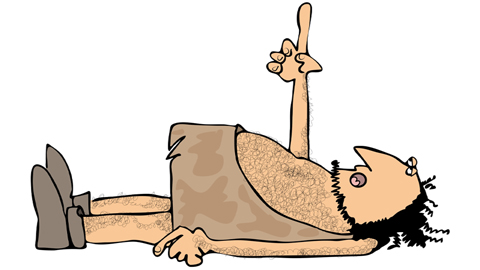
A paleolithic peer review
You might think review panels have only been around for the last century or so. You would be mistaken.
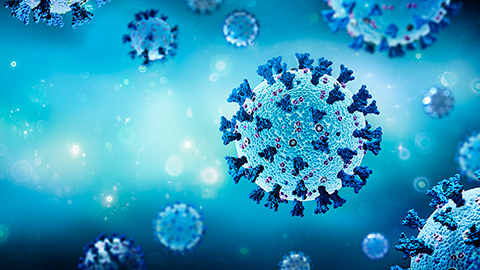
Early COVID-19 research is riddled with poor methods and low-quality results
The pandemic worsened, but didn’t create, this problem for science.

So, you went to a conference. Now what?
Once you return to normal lab life, how can you make use of everything you learned?
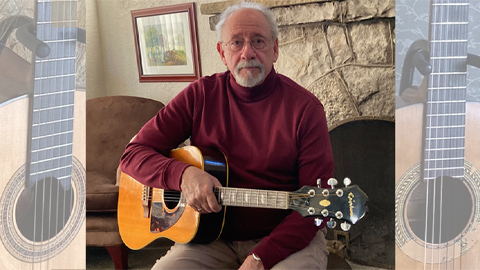
My guitar companion
A scientist takes a musical journey through time and around the world.
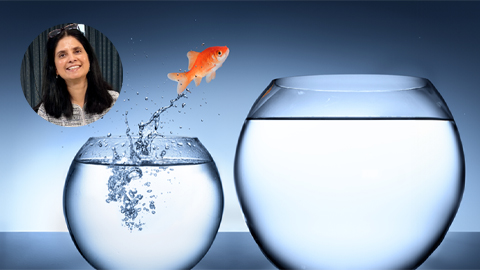
Catalyzing change and redefining purpose
To mark Women’s History Month, Sudha Sharma writes about her journey from focusing on her own research program to being part of a collaborative COVID-19 project.
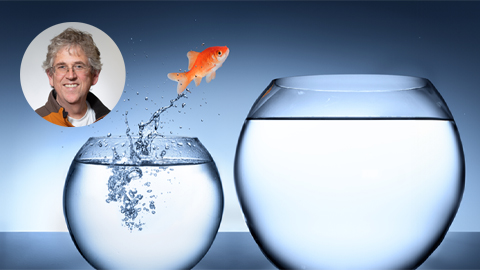
The power of sabbaticals
To mark Women’s History Month, Nicholas Rhind writes about learning techniques in other researchers’ labs that empower the work in his own.

